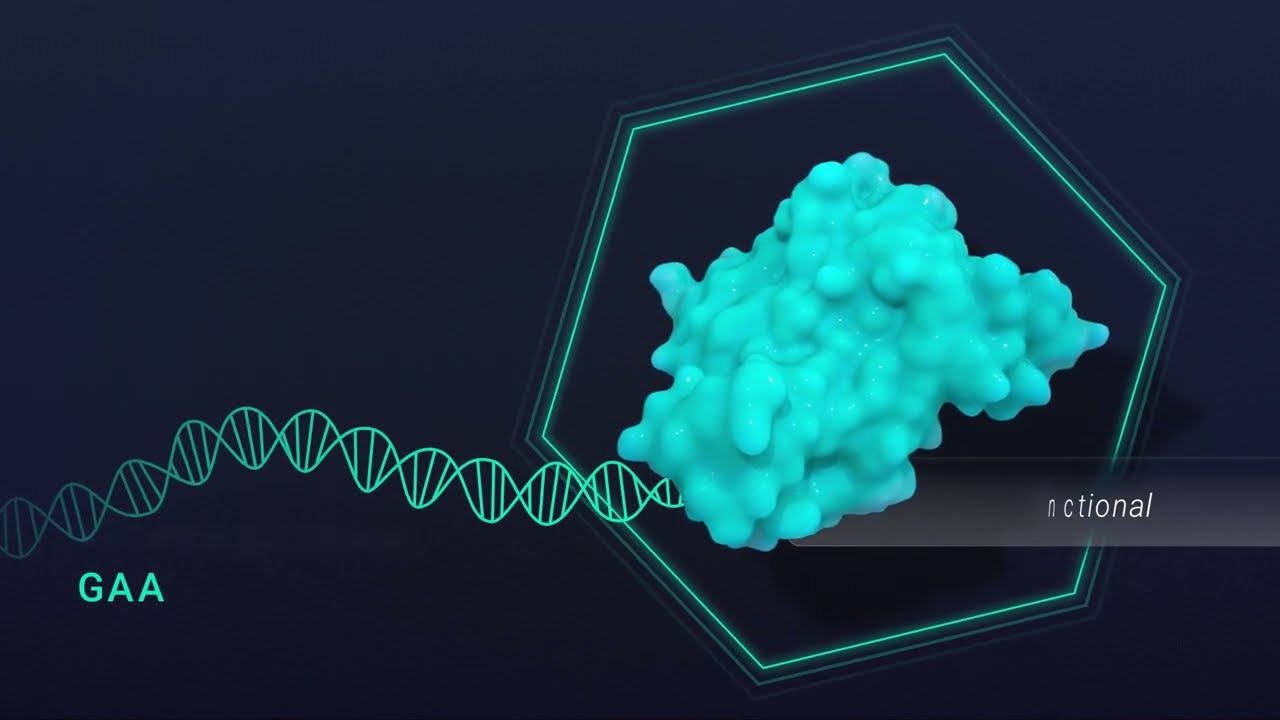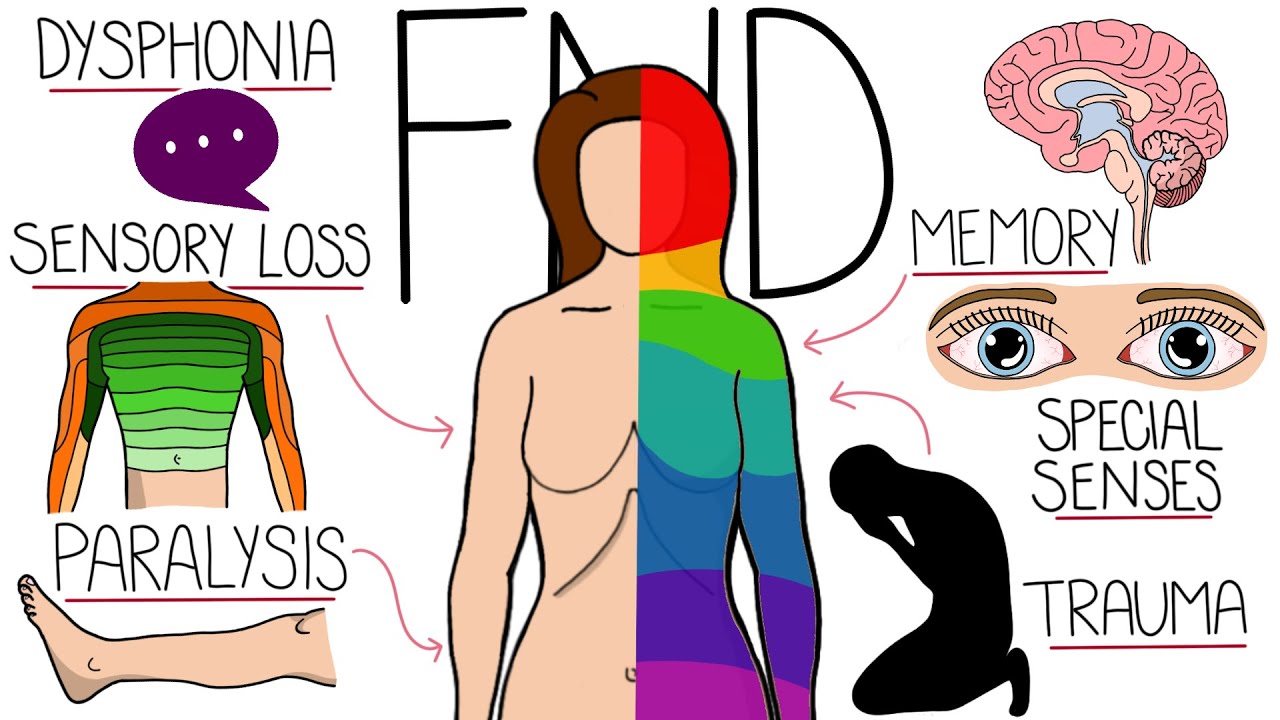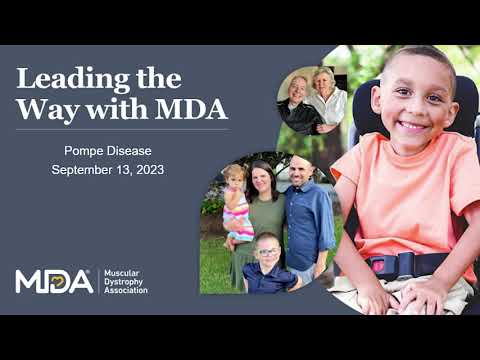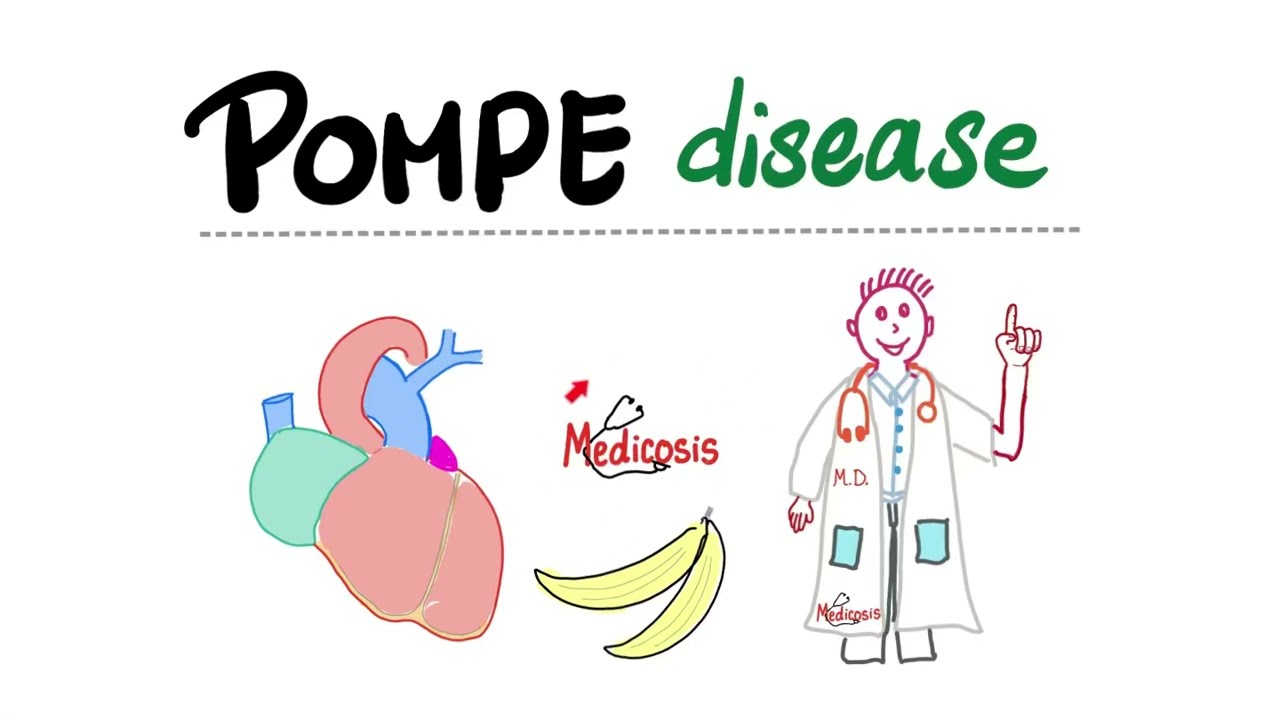Ginkgo biloba not useful in preventing dementia
Reuters Health • The Doctor's Channel Daily Newscast
In the Ginkgo Evaluation of Memory (GEM) Study, use of the herbal product was actually tied to higher risks of all-cause dementia and Alzheimer’s disease, but the associations did not reach statistical significance.
“Ginkgo biloba is widely used for its potential effects on memory and cognition,” lead author Dr. Steven T. DeKosky, from the University of Virginia School of Medicine, Charlottesville, and colleagues note. However, “to date, adequately powered clinical trials testing the effect of G. biloba on dementia incidence are lacking.”
In their study, the researchers randomized 2587 older adults (75 years of age and older) with normal cognition and 482 with mild cognitive impairment to receive a twice-daily dose of G. biloba extract (120 mg) or placebo. The subjects were evaluated for dementia every 6 months and the median follow-up period was 6.1 years.
Overall, 277 subjects treated with Ginkgo and 246 controls developed dementia over the course of the study. Ninety-two percent of the dementia cases were classified as Alzheimer’s related.
The overall dementia rate for Ginkgo-treated subjects was 3.3 cases per 100 person-years, which is similar to the rate seen in controls — 2.9 cases per 100 person-years. Compared with placebo, Ginkgo use was associated with hazard ratios of 1.12 and 1.16 for all-cause dementia and Alzheimer’s disease, respectively.
There was also no evidence that Ginkgo use reduced progression to dementia in subject with mild cognitive impairment, the report indicates.
In a related editorial, Dr. Lon S. Schneider, from the University of Southern California, Los Angeles, comments that “the GEM study adds to the substantial body of evidence that G. biloba extract as it is generally used does not prevent dementia in individuals with or without cognitive impairment and is not effective for Alzheimer’s disease.”
The editorialist goes on to emphasize that “users of this extract should not expect it to be helpful. Moreover, the potential adverse effects of G. biloba extract (stroke, transient ischemic attacks) illustrate why it is untenable to recommend a drug or nutriceutical in the absence of efficacy evidence simply because it could possibly help and initially appears harmless.”
JAMA 2008;300:2253-2262,2306-2307.







